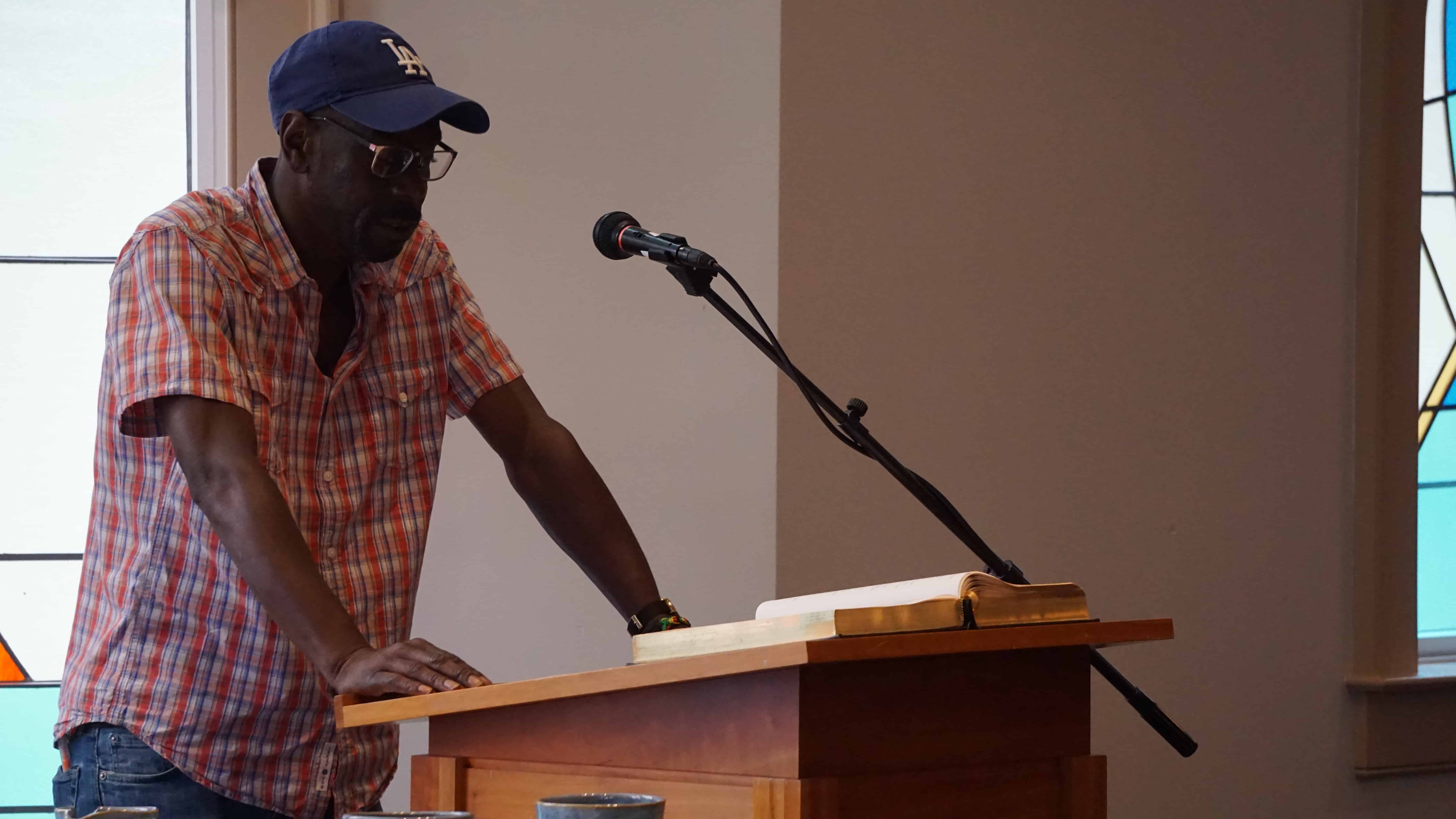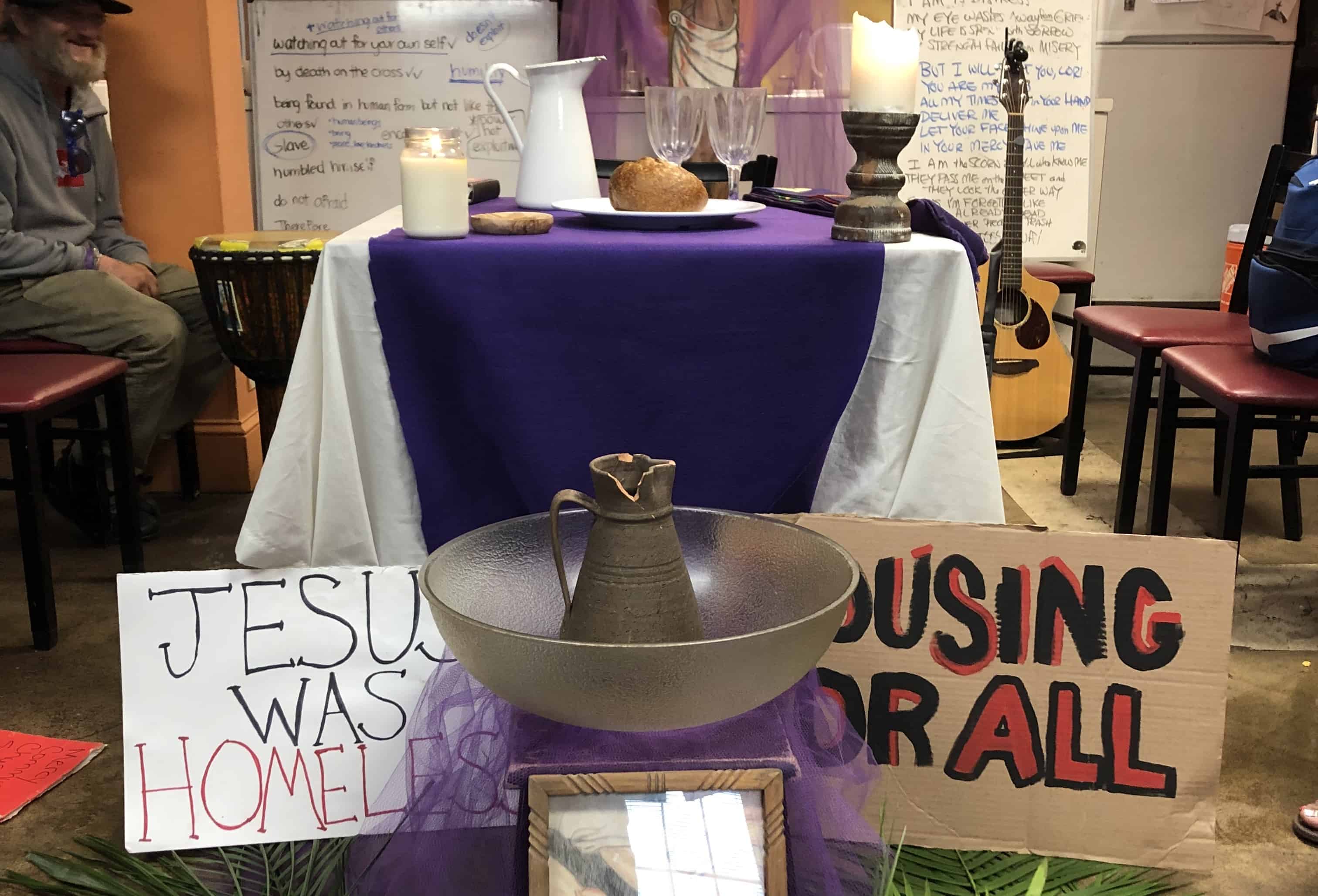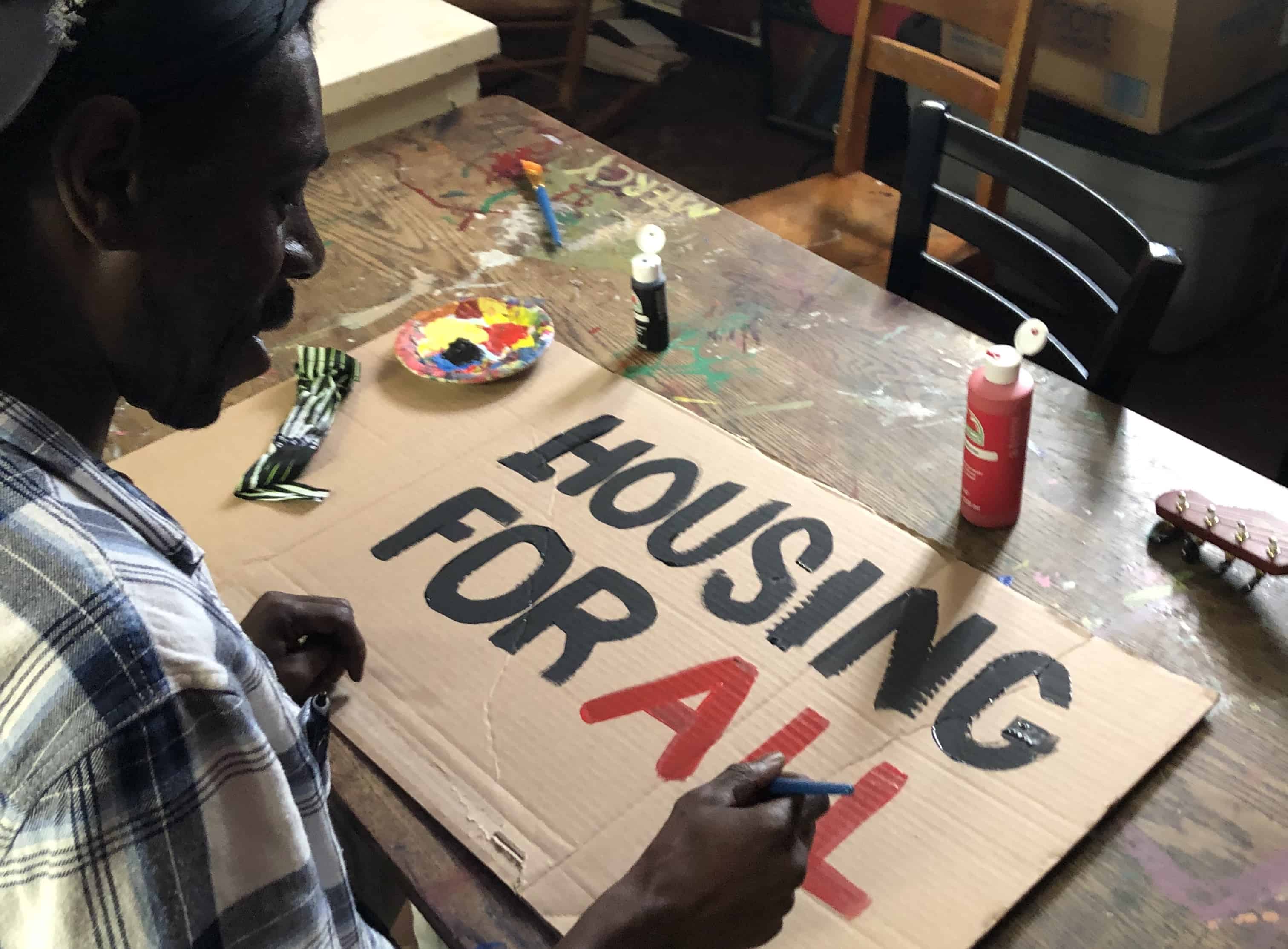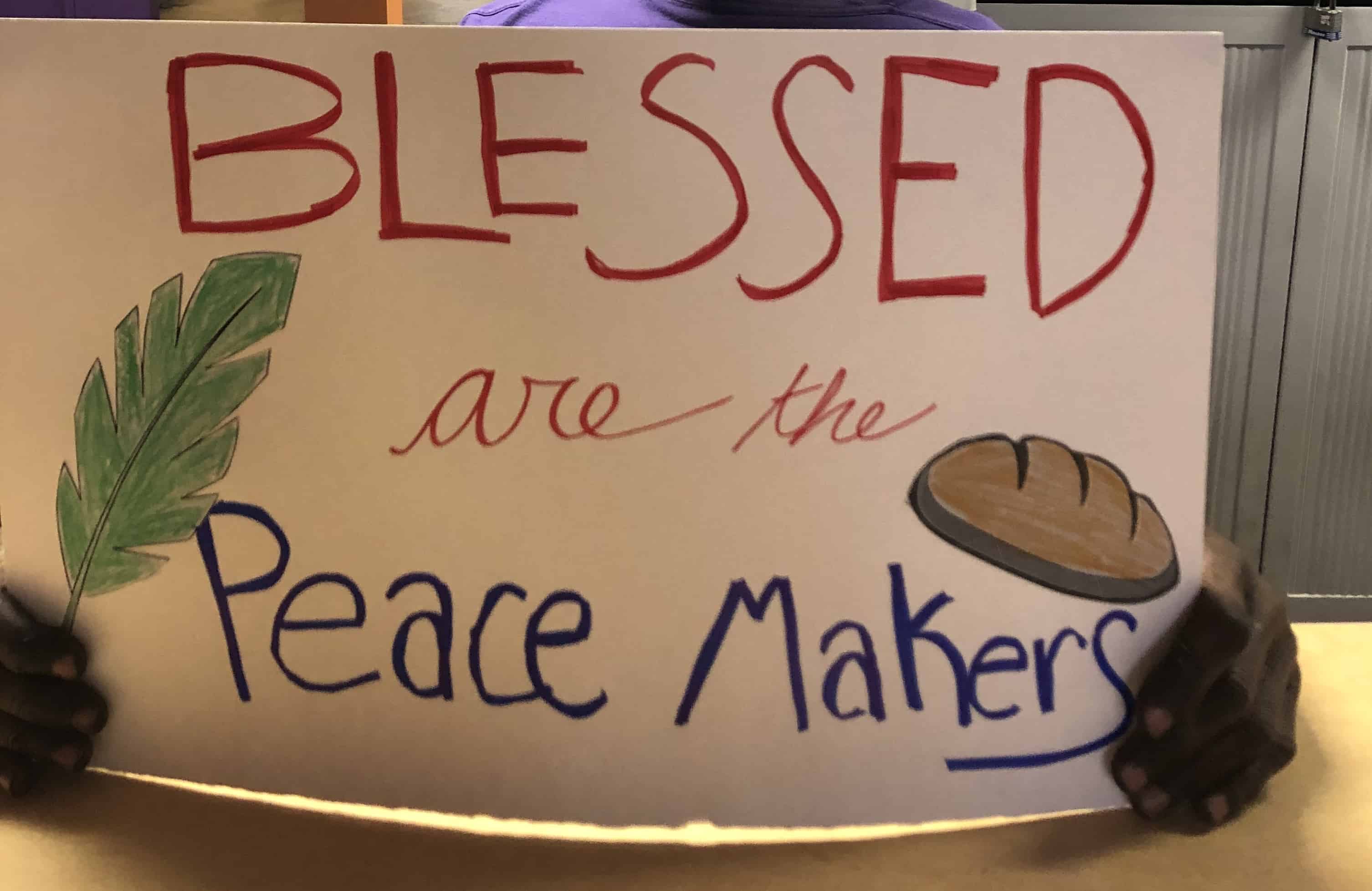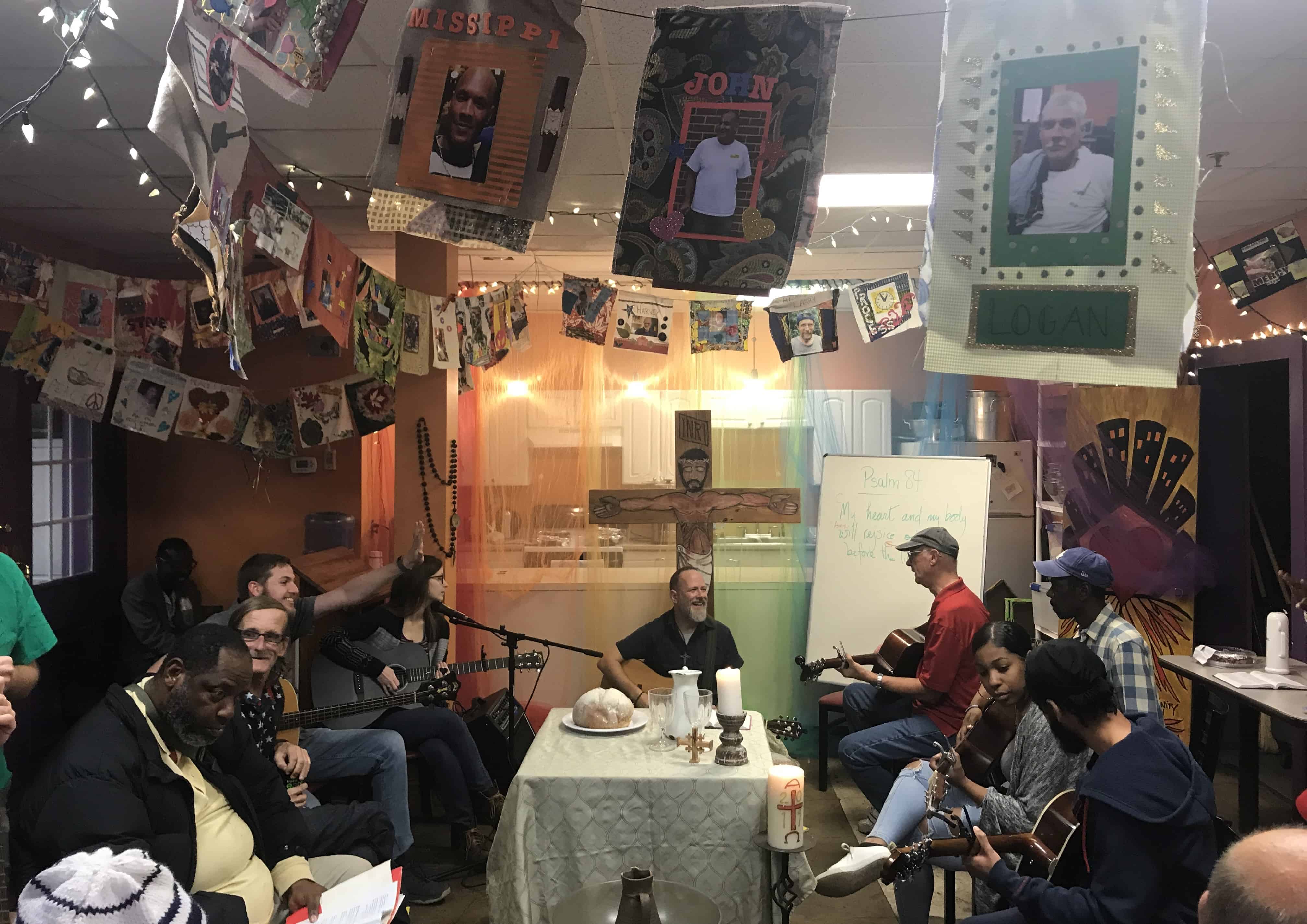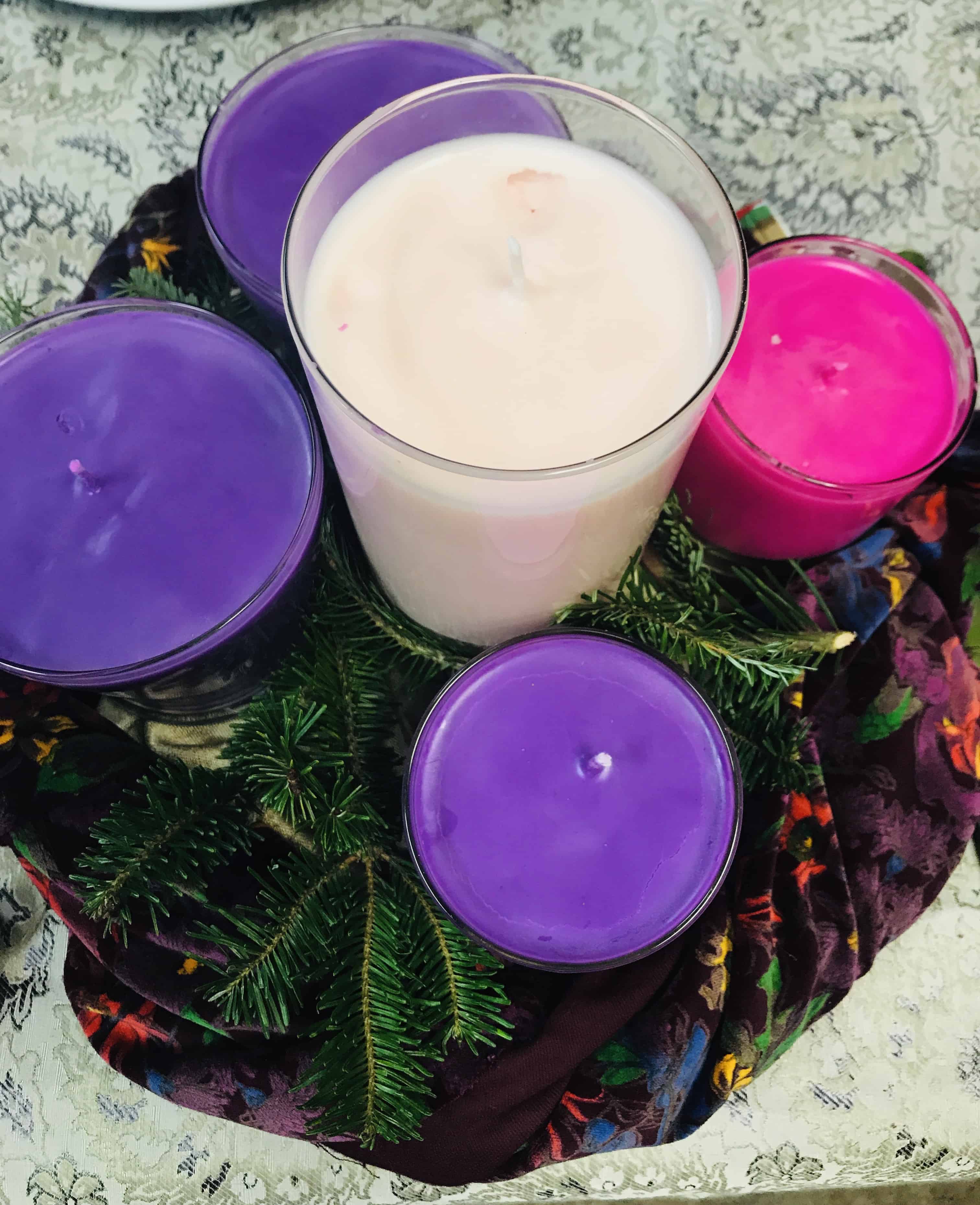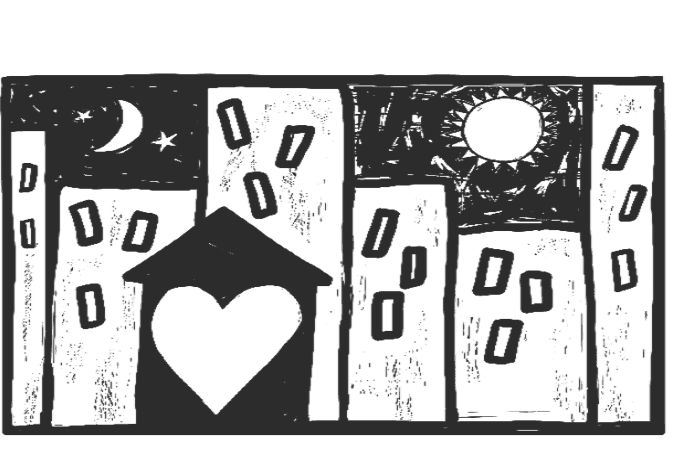By: Ivan Cooley
Isaiah 2:1-5
Reflection—v. 3 ‘Come, let’s go up to the Lord’s mountain, to the house of Jacob’s God so that God may teach us God’s ways and we may walk in God’s paths.’
Our Bible studies are rich, vibrant, and taught by very educated, ordained people who are members of the clergy. To declare that I have received instruction from them is an understatement. Through them I have learned the ways of the LORD. Those ways are peace, forgiveness, charity, generosity, kindness, sharing, faith, listening, humility, justice, and most of all, combining all these traits into one ball of wax: love. There are so many ways to show love that we must choose a form that is appropriate. Otherwise the relationship will suffer from dysfunction. A dysfunctional relationship will erode love. This also includes treating others as you would like to be treated, no matter their nationality, race, or gender, or even what their beliefs are. It’s respecting people and their boundaries, because love is the main guiding force—love and God.
Prayer: God of love, instruct us in your ways that we may love one another as you do.
Friday, December 6th
By: Ivan Cooley
Isaiah 2:1-5
Reflection—v.4 ‘they shall beat their swords into plowshares’
I strayed from church for two years while still being homeless. When I came back and rededicated myself, the LORD saw fit to provide me with a home. I say the LORD provided me with this home because, although I was trying, I was still just as far from getting a place to live as I could be. My health was failing, I was somewhat depressed, and I was just trying to make it from day to day. One day a man approached me from one of the charitable organizations. He asked me if I was interested in housing, and the rest is history. Through help and love from others, God blessed me with a home. My pastors, congregation, nurses, doctors, social workers, and employers combined to help me in practical ways that led to my healing. I’m still very much a work in progress, but I feel upbeat knowing that I have the love of God and all these people. So now I can put down my sword, pick up my plow, and get the ground ready for the seeds of love that have been planted in my life. I will lay down my spear and use a pruning hook to maintain this love and keep it beautiful. I will love ALL people and I will study war no more, because God and his people have literally brought me home. The God that loved us so much that he gave his Son is the blueprint for his love. I am not fit to carry his sandals, but I want to live my life by his instruction. My plowshare and pruning hooks are ready.
Prayer: I pray that every human being knows they are loved by God.
Thursday, December 5th
By: Ivan Cooley
Isaiah 2:1-5
Reflection—v. 2 ‘the mountain of the Lord’s house will be established’
I was homeless for more years than I care to say. My life was that of addiction, false starts, incompletion, and most of all, an inconsistency that would not allow me to join the mainstream of society. The one event that was consistent in my life was that I would get up and walk to church in the mornings. On that walk, I would think about my life and pray. This, for me, would be a time of meditation. My head and heart would clear. I would observe my surroundings and seek the physical beauty of God’s creation. Yes, it is true that I was simply walking to church, but it could be stated that the streets are my mountains, and the church I attend is established and raised above the hills. When I’m there, I really feel as though I’m in God’s house. At church, we greet each other and have breakfast. This is a time of fellowship where we share food, stories, and a little gossip. Most of all, though, we show each other love. You can tell the love is genuine, if for no other reason than that we are so happy to see each other.
Prayer: God, walk with us on the paths of life and guide us to places of love.
Wednesday, December 4th
By: Chad Hyatt
Isaiah 2:1-5
Reflection—v. 4 ‘they shall beat their swords into plowshares’
We sing a song at Mercy about going down by the riverside, laying down burdens and swords and shields, and all the while walking with the Prince of Peace. I imagine the nations flocking toward the house of God in Isaiah’s vision singing along with us: ‘We ain’t gonna study war no more.’ That sounds like a dream King would dream. But the vision is more than singing, more than shouting and praying and even prophesying. The dream dawns a new day when the salty sweat on our brows and the hard metal of our anvils turn weapons of war into tools of peace. Advent calls us once again to conversion, and Isaiah gives us a practical vision of healthy penance. We live amid a culture that so idolizes violence as to propose that the best way to stop violence is to arm ourselves with even more weapons. We live amid weaponized violence in our schools and streets and homes. We suffer the dehumanizing violence of racism and genderism, the other-ing and scapegoating of entire groups of people. We are inundated by the violence of our angry words and gross intolerance toward those who disagree with us. We endure the violence embedded in systems that crush the poor. And we must confront the violence of our own hearts as we lift ourselves up by putting others down. It’s time to take the hammer to our violent ways, refashioning how we hold one another in relationship so that the sacredness of all life is honored.
Prayer: God of plowshares, help us to transform patterns of violence into ways of life.
Monday, December 2nd
By: Chad Hyatt
Matthew 24:36-44
Reflection—v. 42 ‘keep awake’
Advent seems like a strange time to talk about Apocalypse. But whether we are tempted to look ahead to the Second Coming or look back at the nativity of Jesus, Matthew seems to suggest that we ought to be looking around. The truth is it is always Advent—for Jesus is always coming to save us. Matthew’s question for his contemporaries and for us is ‘Can we see it?’ In the same way, and with my deepest apologies to the famous director, it is always Apocalypse now. We are called to do a double-take—to look for the ways Christ is coming to us in the present and to look for the truth about the world in which we live and the systemic powers that hold sway over human life. Christ comes to us in many ways, certainly in the sacraments and in his body, our community of faith. But I think we are least likely to see him coming to us in the ‘least of these’—in the poorest and the outcast, in our suffering sisters and brothers. We fail to see the systems that impoverish and cause human suffering, even as those systems work among us every day. The truth is human beings are thrust to the margins more by systems than by personal actions. Yet we struggle to see it because one of the false claims of our culture is a kind of pull-yourself-up-by-your-bootstraps hyper-individualism. We are too groggy to wake up and fully see the systems that continue to put to death the Christ who comes to us in the poor. May we awake this Advent season.
Prayer: God of life, awaken us.
Advent Candle Lighting Liturgy
By: Bethany Apelquist
This liturgy was created by Rev. Bethany Apelquist, a long-time member of the Mercy Community who now pastors a church in Warner Robins, GA. Bethany’s church community is using Mercy’s devotionals throughout the season of Advent and she wanted to incorporate themes and quotes from the devotionals into her candle-lighting liturgy. Please enjoy or feel free to use them in your own church communities.
Week One of Advent: Hope
Today we light the first candle of our advent season, the hope candle. What is hope? Hope in the words of Isaiah looks like taking our swords and transforming them into plowshares, or tools of peace and love. Ivan Cooley writes this week “so now I can put down my sword, pick up my plow, and get the ground ready for seeds of love that have been planted in my life. I will lay down my spear and use a pruning hook to maintain this love and keep it beautiful. I will love ALL people, and I will study war no more.” We light this candle with that hope that Ivan speaks of ringing in our hearts.
Week Two of Advent: Peace
Today we light the second candle of our advent season, the peace candle. What is peace? Peace is what God wants for each one of us. David Swank writes “These types of wars seem like a never ending thing. People are fighting over the money and power they want to gain for themselves, spending billions on utter foolishness, where there are thousands of poor and needy people in dire need of important necessities such as food, clothing, and hygiene products. But, I trust that God wants better for us- that God wants us to care for one another.” We light this candle with the vision of Peace, something better for us and for our world.
Week Three of Advent: Joy
Today we light the third candle of our advent season, the Joy candle. What is Joy? Joy is what we hear in the words of Mary’s prayer, when she says “in the depths of who I am I rejoice in God my savior.” Isaiah Lewis writes “(Mary) takes joy in the radical mercy God is showing everyone” he goes on to say that Mary outlines this joy as “oppressive and oppressed people being up on equal footing, and everyone having enough to eat” We light the Joy candle with the joy of Mary’s prayer for a future that is marked by love and justice.
Week Four of Advent: Love
Today we light the fourth candle of our advent season, the Love candle. What is love? Love is the freedom that Jesus users into this world. Jennifer Arnold writes “Jesus’s death reminds us that when there is big enough love, death is not the final word. Resurrection reminds us that love will always win. When we rest in the truth of everlasting love that cannot die we are finally free.” We light the Love Candle remembering God’s never ending love for us.
The Christ Candle
Tonight, on the eve of the birth of our savior we light the Christ Candle. Who is Christ? Christ is the light of the world born to us to reveal God to us. Pastor Brittany writes “That’s how God comes to be with us– delivered by a poor weary women… it reveals the depth of God’s love for human beings, that relational, earth-shattering, paradigm-shifting, messy, every-day love, and that changes everything. We light the Christ Candle holding the hope, peace, joy and love that Christ brings into our weary world.
Sunday, December 1st
By: Chad Hyatt
Matthew 24:36-44
Reflection – v. 37 ‘as the days of Noah were, so will be the coming of the Son of Man’
Apocalypse does not portend the end of the world. It literally means ‘revelation.’ This is not just a technical point: apocalyptic language reveals, uncovering the truth about our reality and the times in which we live—however strange and obscure the language may seem. That brings us to a second point. Apocalypse is about our times—not the end-times. To put the apocalypse off into the future robs its dramatic power and shields us from its call to action. Worse, it leaves us numb to the truth of God’s liberating activity in our present. Apocalyptic language helps us diagnose the truth of our times, determining where God is in the seeming chaos of our world. While images of many-headed beasts and earth-shaking signs may seem strange, even frightening, that language may help us to name the beastly power of systems and institutions and currents of racism that threaten human community, sending shockwaves around the globe. This language grabs our attention with ultimate urgency so that we might see that our own times are as critical as the ‘days of Noah’ or the end of the world—for these are our days and this is our world. Right now and right here is where the drama of our salvation unfolds. Apocalyptic literature gives us language to name the truth that we must work for justice when it seems the world is on fire. We are called to live out our faith besieged by forces that are bigger than us—but not bigger than our God.
Prayer: Help us, God of truth, to see our world as it is.

